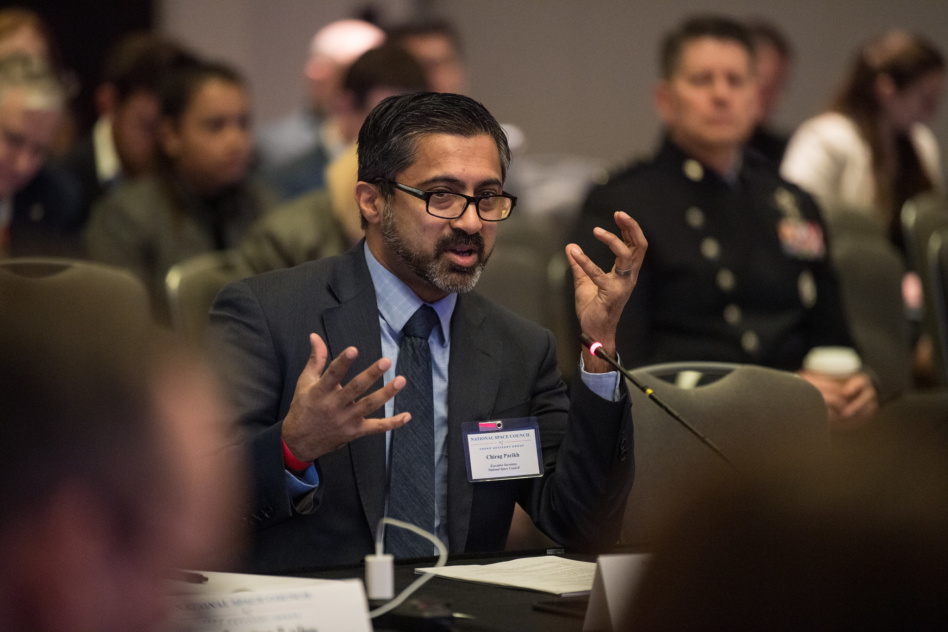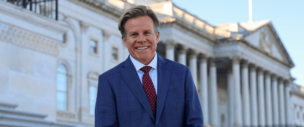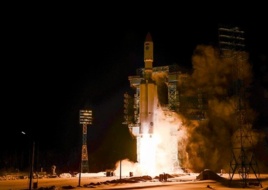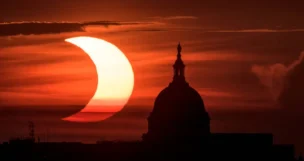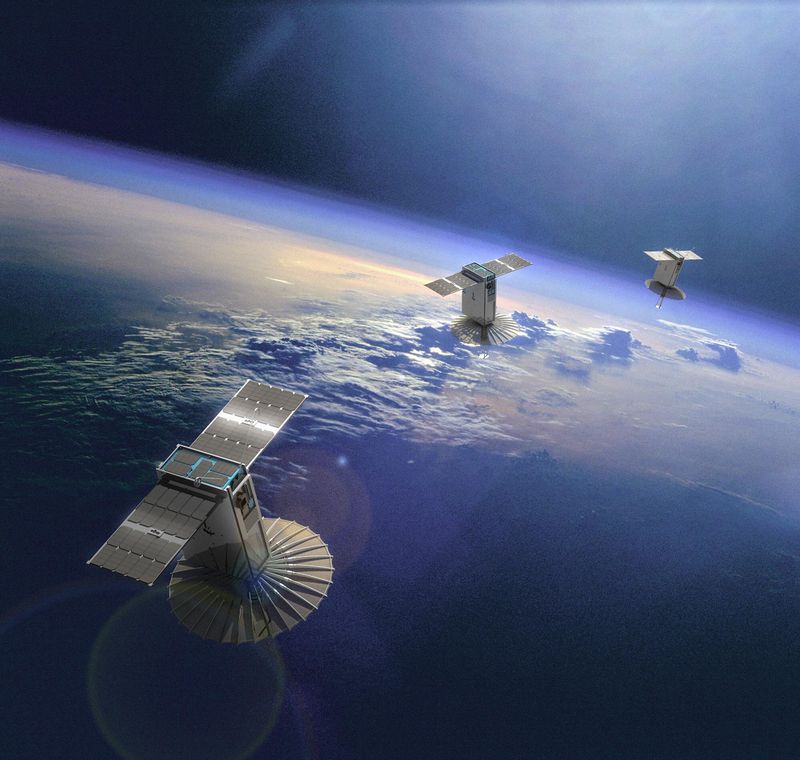Setting norms of behavior in space and building a future space workforce are at the top of the National Space Council’s list of priorities for the remainder of this year, the group’s executive secretary, Chirag Parikh, told Payload.
His other to-dos as he nears the end of his second year with the panel include buoying international partnerships in orbit, using assets in orbit to study and combat climate change, and building resilience in the national security space enterprise.
National Space Council 101
The National Space Council has existed on and off since the H.W. Bush administration in 1989, and was last reinstated by the Trump administration in 2017. President Joe Biden opted to keep the panel going under the leadership of VP Kamala Harris. It’s intended to serve as a government-wide space hub to ensure civil, commercial, and national security space aren’t working in silos.
Parikh touted the council’s work in the Biden administration to boost investment in the commercial space industry, including making sure the government is prepared to capitalize on and support new tech being developed by private companies.
“We have also initiated bringing the US space industry into some US bilateral space discussions with allies and partners to broaden the reach of our private sector and form unique industry-to-industry…partnerships across the world,” Parikh said in written answers.
Out of the public eye
The Trump administration’s space council met eight times between 2017 and 2020. By contrast, Biden’s council has met just twice, in Dec. 2021 and Sept. 2022. But Parikh says work is going on behind the scenes, including “routinely” meeting with other government agencies, the private sector, international partners, and academics.
“Ultimately, United States government space efforts are executed by respective departments and agencies, but the National Space Council assists in helping shape initiatives to ensure they are aligned with national policies,” Parikh said.
The first spark
Parikh got interested in space the same way many kids did in the ‘80s, ‘90s and ‘00s—by watching a shuttle launch on TV and dreaming about being on board as an astronaut. “The spark of space led me to many jobs,” he said. “Space is far more than just going around the Earth and to the Moon; it’s about being able to solve challenges here on Earth.…Being able to drive change from space for the betterment of humanity is something that drives me every day.”
Go boldly: As space tourism becomes a reality, Parikh is ready to strap in. “I would absolutely go to space, both to achieve my childhood dreams but also to experience the Overview Effect where you see the beauty, fragility, and interconnectedness of our planet and our civilization,” he wrote.
